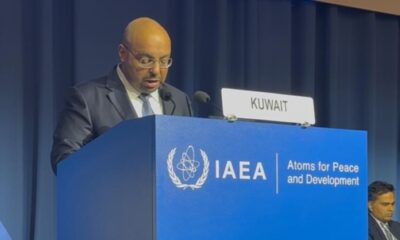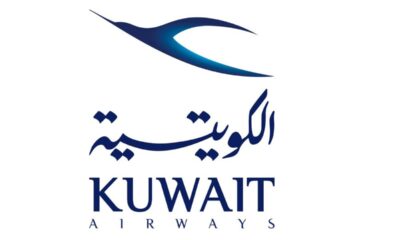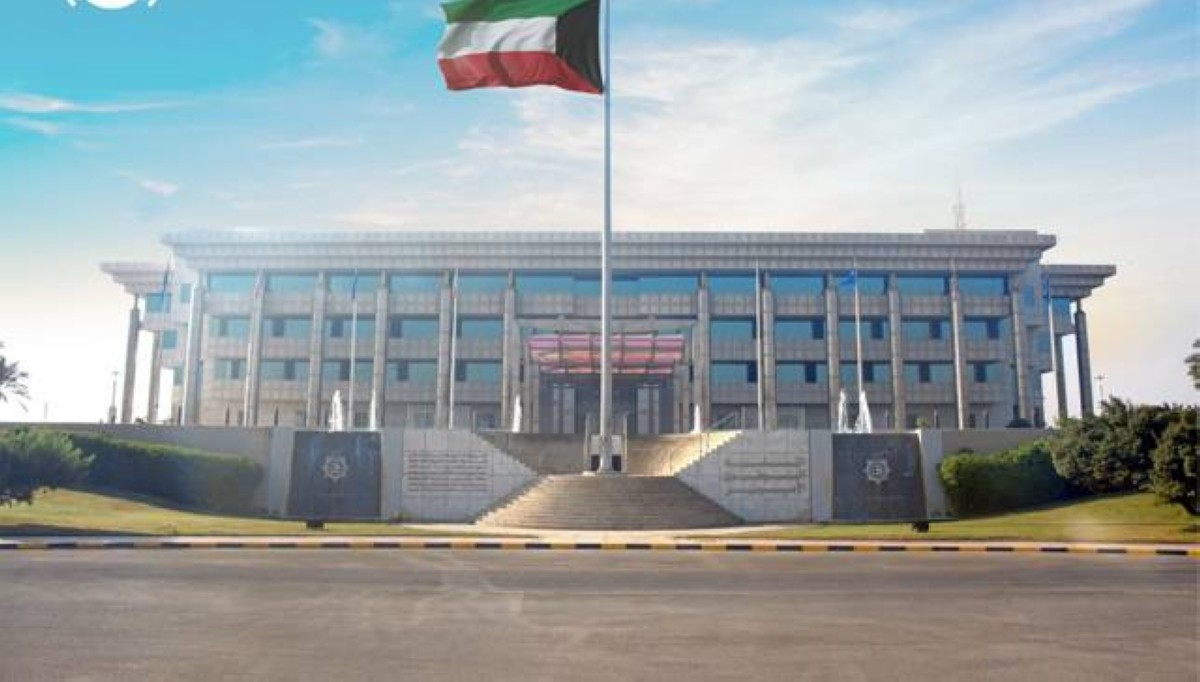KUWAIT: Kuwait Oil Company (KOC) officially launched commercial oil and gas production at the Mitribah field in the country’s northwest on Thursday, marking a milestone in the company’s operational strategy and reinforcing Kuwait’s position on the global oil map. KOC Chief Executive Officer Ahmed Al-Aidan said during a ceremony in Ahmadi, held under the patronage of Oil Minister Tareq Al-Roumi, that the achievement was more than the completion of a successful project.
“Mitribah has long been considered a major challenge, and today it has become a true success story, demonstrating what can be achieved when ambitious vision meets firm determination and effective execution,” he said. Al-Aidan noted that the field is now part of the company’s productive assets, providing a significant boost to its strategic plans. “This step supports Kuwait in achieving its strategy to reach an oil production capacity of 4 million bpd by 2035,” he added.
Al-Aidan recalled his personal connection to the site, having followed its progress as a geologist since the late 1990s. He added that the launch comes at a pivotal moment for KOC, which recently underwent a major restructuring aimed at greater efficiency and clearer direction. One outcome of the reorganization was the creation of the New Exploration Group, established to accelerate exploration-to-production cycles, particularly in unconventional and complex reservoirs. Mitribah, he said, stands as the first major achievement under this new framework.
Al-Aidan praised the work of geologists, engineers, planners, operators and technical support teams who overcame infrastructure challenges and deployed advanced technologies with high efficiency. He also commended the role of partners and contractors, stressing that their collaboration was vital to success.
Commercial production at Mitribah officially began on June 15, 2025, after several wells were connected to KOC’s production facilities. The field covers more than 230 sq km in a previously undeveloped area lacking infrastructure. Light crude with commercial potential was first discovered there in 2009, but the presence of high concentrations of hydrogen sulfide gas — up to 40 percent — delayed production.
Oil Minister Al-Roumi described the achievement as an important milestone for KOC, the result of nearly two decades of persistent effort. “The Mitribah well was by no means easy — it represented a real challenge to the company,” he said, expressing confidence that Kuwait’s oil companies would continue to deliver similar successes in line with the leadership’s directives. Al-Roumi also commented on global oil market trends following the US Federal Reserve’s recent interest rate cut, noting that while prices remain at suitable levels, forecasting remains difficult. He anticipated demand growth, particularly in Asia.
Eight OPEC+ members agreed on Sept 7 to raise output by 137,000 bpd in October, an extension of the group’s policy since April of increasing production after years of cuts to support the oil market. Despite the agreement to raise output, “prices are more than good”, Al-Roumi said. “We had expected the worst but things are fine,” he added. “The oil market is puzzling and very difficult to predict.”
Kuwait Petroleum Corporation (KPC) CEO Sheikh Nawaf Saud Al-Sabah hailed the launch as a “new breakthrough” for the oil sector under the leadership of HH the Amir Sheikh Meshal Al-Ahmad Al-Jaber Al-Sabah. He noted that Mitribah is among the most complex fields in Kuwait due to its high sulfur content and that KOC had partnered with international firms to apply, for the first time, an integrated production management system. Sheikh Nawaf also underlined that the project contributes to KPC’s long-term strategic goal of reaching and sustaining a production capacity of 4 million barrels per day by 2035. – Agencies
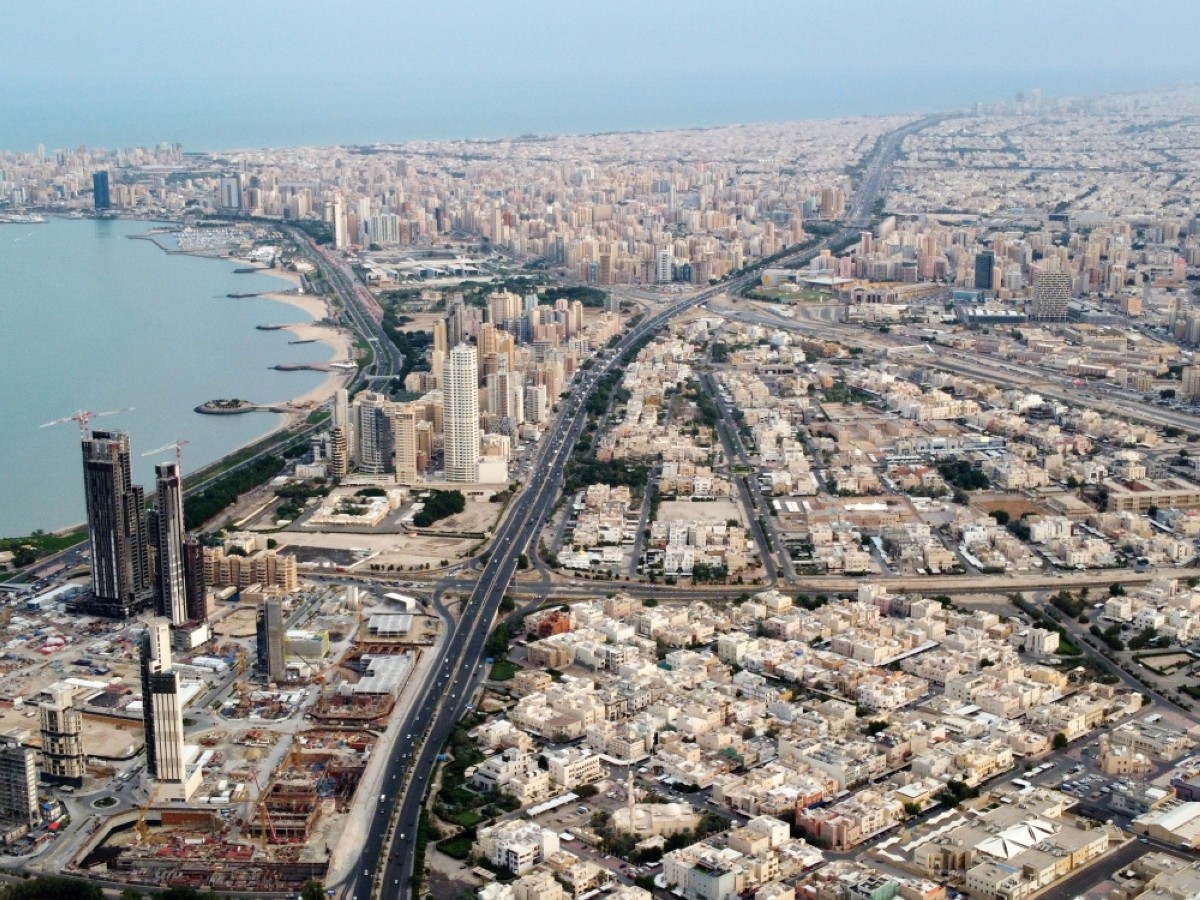
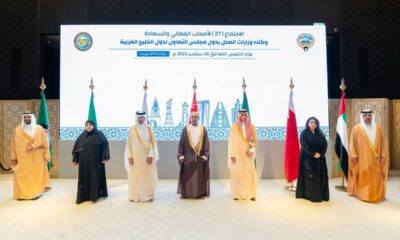
 Latest News23 hours ago
Latest News23 hours ago
 Latest News13 hours ago
Latest News13 hours ago
 Latest News22 hours ago
Latest News22 hours ago
 Latest News21 hours ago
Latest News21 hours ago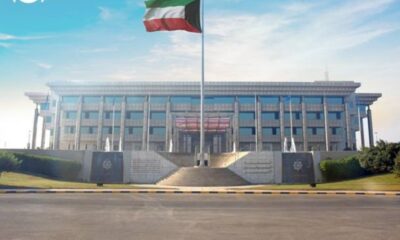
 Latest News20 hours ago
Latest News20 hours ago
 Latest News14 hours ago
Latest News14 hours ago
 Politics7 hours ago
Politics7 hours ago
